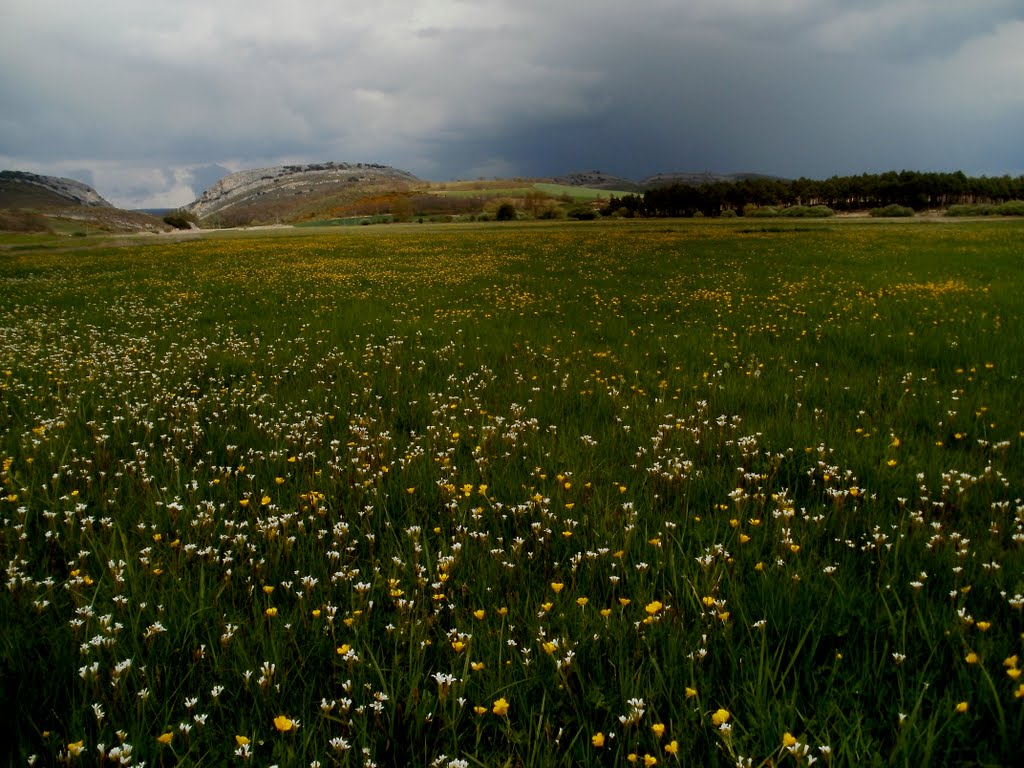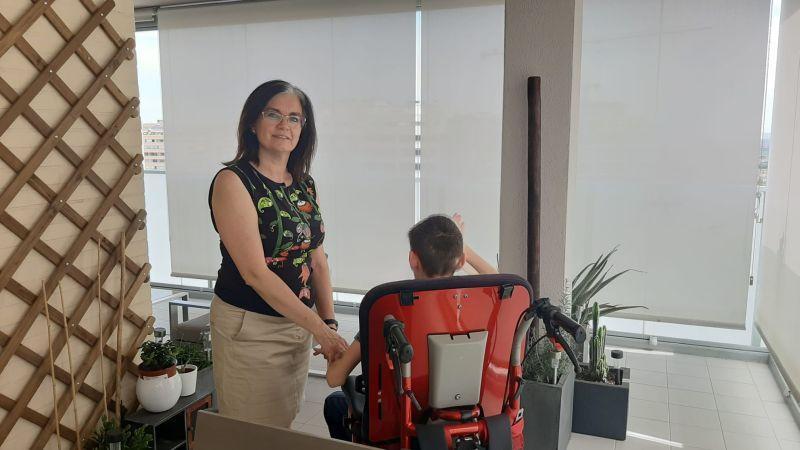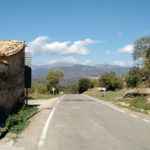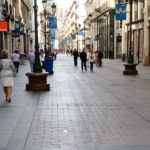So I decided I’ll start doing short, easily consumable Spanish lessons for you guys. I hate writing long posts and you hate reading them, plus a language is better learned through lots of small chunks consistently over a long period of time rather than through large chunks consumed haphazardly with long stretches of time in between them. So what’s on the menu today?
- La pradera
- Hacerse largo a alguien
- Desligarse
So one vocabulary word and two expressions. All of these come from a Spanish news program called Telediario by the state-run TV network RTVE that I highly recommend you check out for reasons I explained in my previous post, Fantastic Source of Free Online Spanish Videos (some with subtitles!): RTVE.es.

La Pradera
The dictionary of the RAE (Real Academía Española) defines “pradera” as:
1. f. Conjunto de prados.
2. f. Prado grande.

“Conjunto” means an assembly or collection of something, and a “prado” is a pasture or meadow specifically used for livestock grazing, so a “pradera” is several such pastures connected together. You can see above on either side a couple pictures I found on Google Images by searching for “una pradera de españa”.
The context in which I saw this word used was the following from a news story in Telediario:
“Los vecinos no han podido acudir a la pradera de su patrón y los feriantes se quejan de las pérdidas.”
Which means: “The neighbors have not been able to access the meadows that belong to their landlord and the carnival workers complain about the losses”. This was from a couple days ago when the Covid-19 quarantine was still in effect in Spain and they were talking about one of the many events that had been canceled as a result and the problems it was causing. There was a fair that was supposed to be held but people living nearby (“los vecinos” here, literally “the neighbors”) couldn’t go because they weren’t allowed into the fairgrounds (referred to here as the “pradera”) belonging to their landlord, which caused the carnival workers (“feriantes”) to complain (“se quejan”).

Desligarse – se desliga, se desligan, etc.
“Ligar” means “to link, tie, or bind”, and “des” in Spanish is used as a verb prefix to invert the meaning of a verb, that is to make it mean the opposite. So if “ligar” means “to link”, what do you think “desligar” means?

To unlink, or disassociate, of course. When you add the “se” you make it reflexive, so “desligarse” would mean to dissociate or detach oneself/itself (depending on who or what the subject is). You see here, on either side of the above text, two of the images that were at the top of the search results in Google Images for “desligarse”. The chain being broken makes perfect sense, but why are there multiple images of Prince Harry and Meghan Markle? Because “desligarse” was the ideal verb to describe something they did recently that was a newsworthy event: disassociation with the working monarchy (an event dubbed, in typical British tabloid style, “Megxit”). A couple of Spanish-language news articles regarding the event that use the verb:
- Los duques de Sussex quieren desligarse de la realeza británica, from CNN Español
- Los motivos que habrían llevado a los Duques de Sussex a desligarse de la Familia Real, from Telemadrid
For some more examples, have a look at the results in Reverso Context for “desligarse”.

Hacerse largo, se les hace largo, se le hace larga, etc.
“Hacer” means to make, when it’s reflexive it means literally to make onself or itself, or more precisely: to become. “Largo” just means long, and can be used with respect to actualy physical length or time, just like in English. This particular expression, though, is used to mean that something took a long time, literally: “it makes itself long”. Now, le/les are two of the indirect object pronouns in Spanish and simply mean “to him/her/them” (depending on context). So lets look at the original context in which I first encountered this expression, then we’ll delve a bit further into how its used and what it has to do with that picture on the left.
“La espera se les ha hecho larga, pero mañana ya, por fin, podrán salir a la calle.”
“La espera” is “the wait”, “se les ha hecho larga” means “has been long for them” (literally “has made itself long to them”), and the rest is “but tomorrow, finally, they will be able to go out onto the street”. This is in reference to the recent decision by Spain to allow children under 14 years of age to go out, with parents, for walks (they had been quarantined and unable to leave their houses for over two months due to Covid-19).
The picture on the left is one of the top Google Image results for the phrase because of its use in this news article’s title, which is a direct quotation from the person they interviewed:
“Se les hace largo, les cambia el ritmo”
Marta Binaburo explica cómo está siendo el confinamiento con su hijo discapacitado
So she’s saying that the quarantine has been very long for her son, who is handicapped and in a wheelchair, and that it has changed the rhythm (of their lives, I believe it’s implied). Here’s the full quote:
“Se les hace largo, les cambia el ritmo de vida. En su caso además con la adolescencia, se puede imaginar”.
Well that’s it, I hope you’ve enjoyed the first article in this new series and that you’ve learned some more Spanish. If you have any thoughts, suggestions, or questions, please don’t hesitate to leave a comment below. Oh, and if you’d like to get some excellent Spanish lessons for far less than what a one-on-one tutor costs, please see the following article about an excellent service called GoSpanish that I’m recommending:
Cheers,
Andrew






